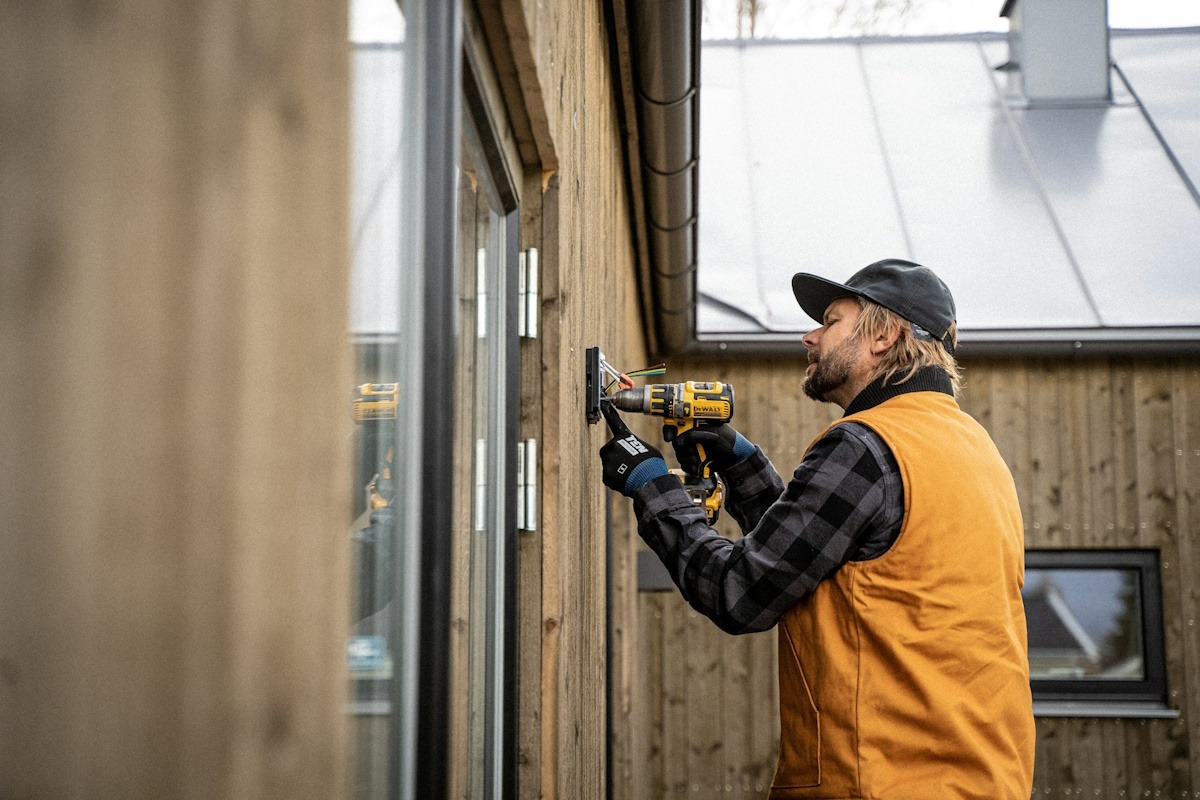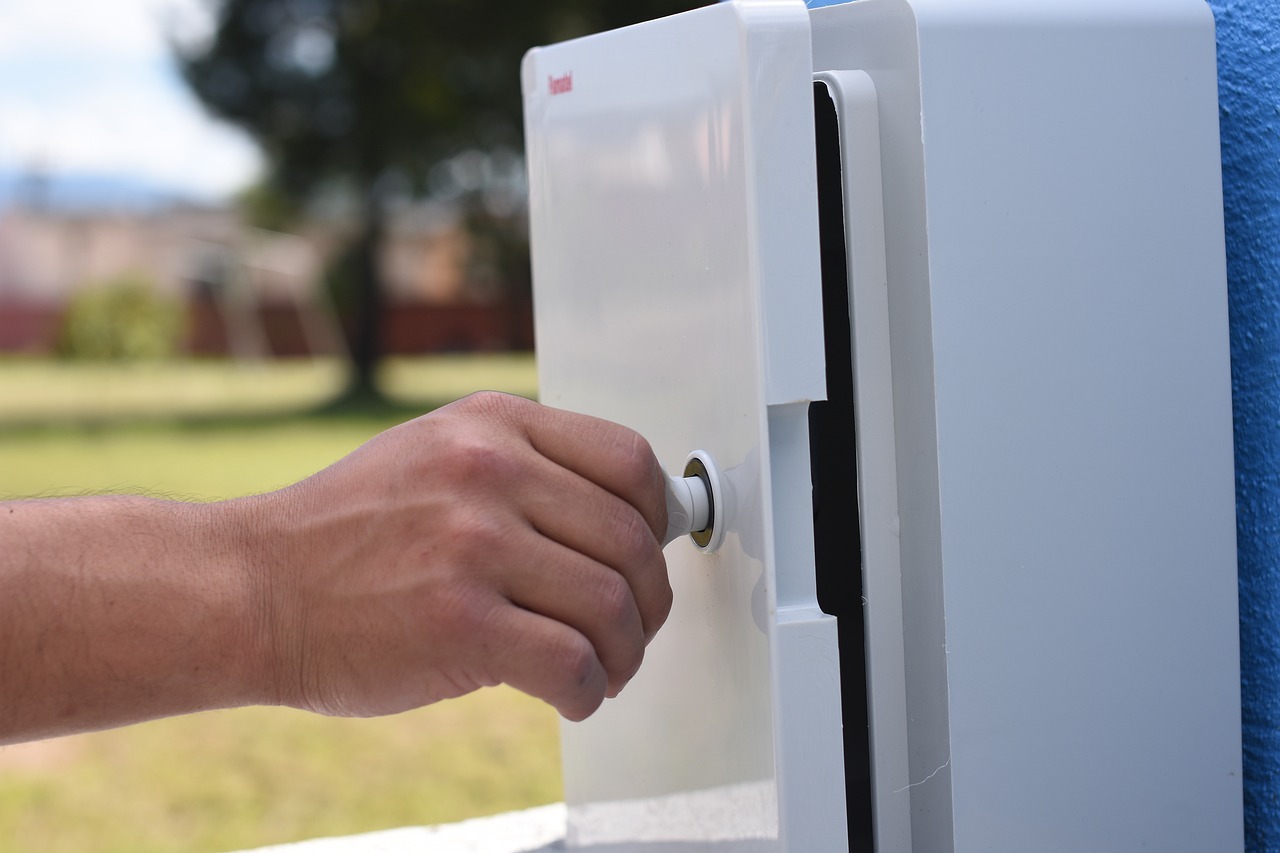Electrical junction boxes are an essential component in any electrical wiring system. They provide protective housing for wires and connections, providing safety and preventing potential hazards. Choosing the correct electrical junction box is crucial to ensure your electrical system’s proper functionality and safety. With so many options available in the market, it can be overwhelming to make the right choice. In this guide, we will discuss everything you need to know about electrical junction boxes and provide tips on choosing the right one for your needs.

What is an Electrical Junction Box?
An electrical junction box is a container designed to house and protect the electrical connections from environmental factors and unauthorized access. Typically made from metal or plastic, these boxes can be found in various shapes and sizes to accommodate wiring requirements. The main function of an electrical junction box is to safeguard connections from damage, provide a secure enclosure, and ensure that the wiring is easily accessible for maintenance or inspection. For specific applications, such as outdoor installations, you might need an outdoors electrical junction box that is waterproof and resistant to moisture, dust, and other environmental hazards. Using the appropriate junction box for your environment helps maintain the integrity and safety of your electrical system, reducing the risk of short circuits, electrical fires, and other potential hazards.
Types of Electrical Junction Boxes
Several types of junction boxes are available in the market, each designed for specific purposes. Some common types include:

- Standard junction boxes are the most basic type of junction boxes used for general electrical wiring purposes.
- Weatherproof junction boxes: As the name suggests, these boxes are designed to withstand harsh weather conditions. They have a waterproof seal to protect connections from moisture and can be used outdoors or in damp locations.
- Pull box: These larger-sized junction boxes serve as a central point for multiple electrical wires to be pulled into and out of.
- Junction box with terminal blocks: These boxes come equipped with pre-installed terminal blocks, making connecting multiple wires easier without wire nuts or other connectors.
- Choosing the right type of junction box is essential based on your specific wiring needs.
Factors to Consider When Choosing an Electrical Junction Box
When deciding on the correct electrical junction box for your project, here are some factors you should consider:
Material
As mentioned earlier, junction boxes are typically made of metal or plastic. Both have advantages and disadvantages, depending on your specific application. Metal junction boxes offer better protection against fire and physical damage but can be more challenging due to weight. Plastic junction boxes are lightweight and easy to work with but may provide a different level of protection than metal boxes.
Size
The size of the junction box is an essential factor to consider, as it should comfortably accommodate all your wires and connections. Choosing a box that is too small can lead to overcrowding, which increases the risk of short circuits. On the other hand, selecting a larger box than you need can result in an unnecessary waste of space and money.
Number of Entry Points
You must also consider the number of entry points or knockouts in the junction box. These are openings where wires can be fed into the box and connected to terminals. Enough entry points are essential for your project’s needs, as overcrowding wires through a single opening could damage them and cause safety hazards.
Location and Environment
The location and environment where the junction box will be installed are crucial factors. As mentioned earlier, you might need a weatherproof junction box for outdoor installations or one with specific fire-resistant properties for high-risk areas. In addition, the box’s location should also allow for easy access for future maintenance or repairs.
Safety Ratings
Safety ratings from organizations like UL (Underwriters Laboratories) or NEMA (National Electrical Manufacturers Association) help determine how well a junction box can handle dust, water, corrosion, and impact. For example, a high NEMA rating suits harsh industrial environments, while a lower-rated box works for residential settings. Attention to these ratings ensures your junction box provides the necessary protection for wiring and the surrounding area, enhancing your electrical system’s overall safety and reliability.
Selecting the right electrical junction box is a vital step in ensuring your electrical system’s safety, functionality, and longevity. With various options available, making an informed decision based on reliable information and intended use is essential. By understanding the different types of junction boxes and their specific applications, you can choose the most appropriate one for your project needs. Proper installation and regular maintenance further enhance the performance of your electrical system, reducing potential hazards and ensuring a smooth and safe operation. Always remember a well-chosen electrical junction box is an investment in the safety and efficiency of your entire electrical infrastructure.